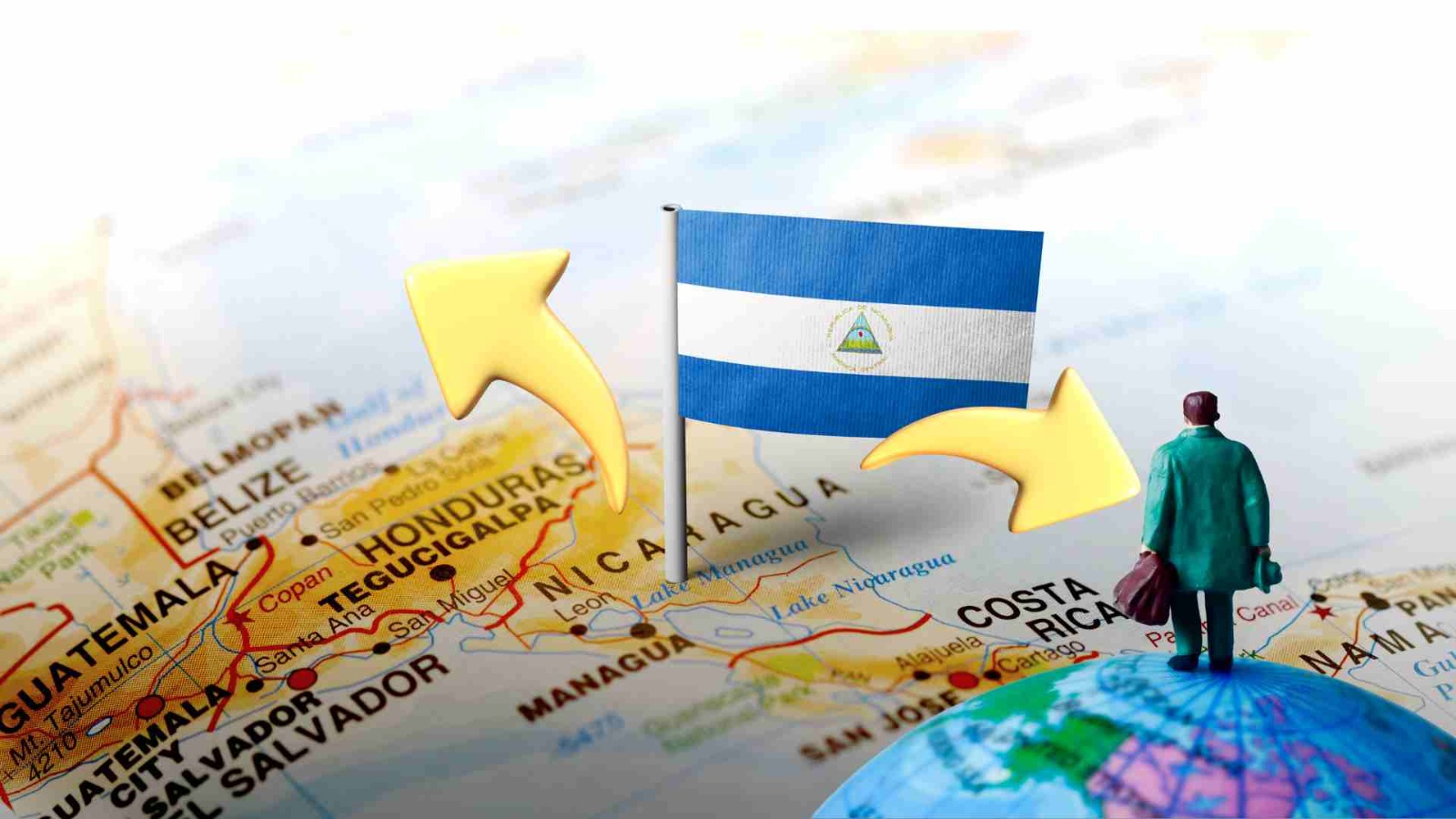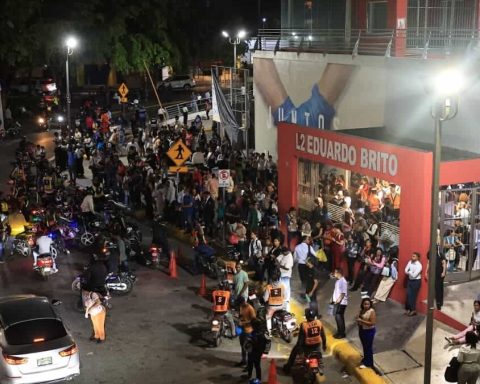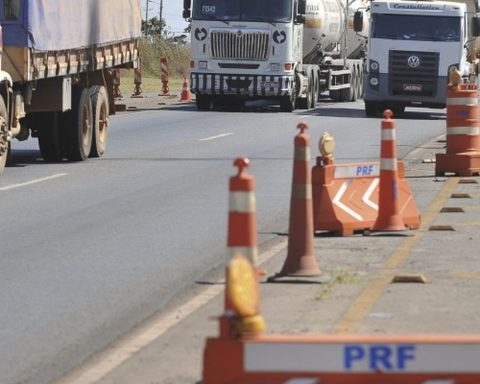A new repressive tactic by the Daniel Ortega dictatorship has been denounced by the Nicaraguan Coalition for the Fight, which claims that the Sandinista regime is putting obstacles in the way of providing legal documents that minors in exile need to access applications for asylum and refuge.
“The impact of the authoritarian government’s repressive actions on refugee and asylum-seeking minors has increased due to the fear of reporting following the intensification of harassment and arbitrary detentions of relatives of politically persecuted persons in exile,” the Coalition’s report states.
Related news: US immigration restrictions ‘undermine right to asylum’
The organization, which brings together more than 20 organizations, including several that work with displaced populations, stressed the need for comprehensive support for Nicaraguans who are outside the country.
“The psychological, social and emotional impact that the situation of human mobility generates on those who continue in asylum processes, the vicarious syndrome and other effects that have even led to suicide,” he warns.
For Gretel Gómez, from the Victims of April Organization (OVA), “one of the main issues that affect life is the emotional impact of leaving one’s family and that which gives one identity. This aspect is often not clearly identified, starting with each migrant person. Many times there is no awareness of the sadness and of not finding our place away from those we know.”
“There is a humanitarian crisis until they manage to obtain financial support from their work. Generally, the entire work permit process takes at least six months, and during that time, plus the emotional burden, several people have committed suicide,” explains Gómez, who is part of a support network for Nicaraguans in the United States.
Another fact that makes the situation of migrants more tense is the closure of consulates in the United States and around the world by the dictatorship, which makes it difficult for exiles to access official documents. In the United States, where thousands of Nicaraguans live, there are only three consulates that serve the 50 states of the country.
“This closure makes it even more difficult to verify the identity of these people, which prolongs their period of immigration detention; they are detained on administrative charges,” denounced attorney Harold Rocha, from NEAFLE. According to Rocha, a request has already been made to the Biden administration for some 400 to 500 thousand Nicaraguans to benefit from TPS if they do not receive asylum.
More than half a million Nicaraguan migrants have migrated to the United States, the vast majority by land at the U.S.-Mexico border, and approximately 60,000 entered by air through humanitarian parole. The Coalition calls on countries to support refugee and asylum seekers with access to work and education as well as prevent deportations to Nicaragua.


















